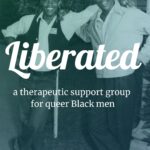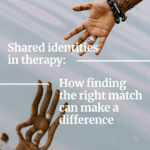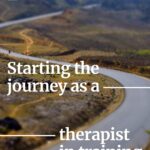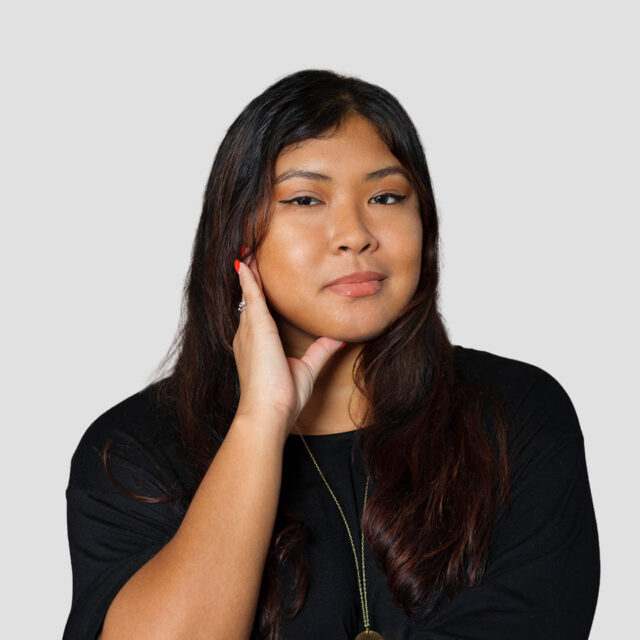Welcome Our Newest Psychotherapists in Training!
Our internship program is back this fall with four wonderful emerging practitioners, Alex, Amara, Cris & Diann! Each of these psychotherapists in training is coming in with a wealth of knowledge, life experience and deep interest in providing quality mental








